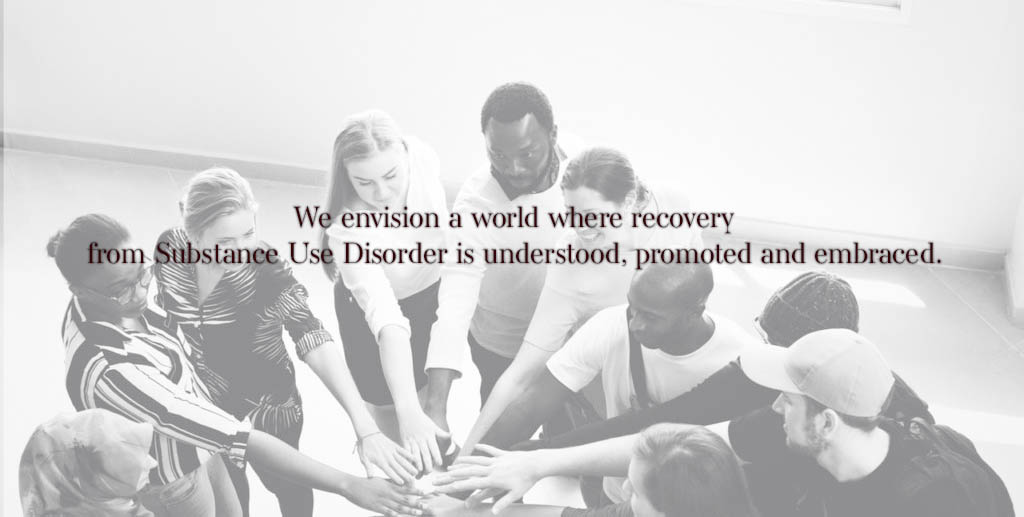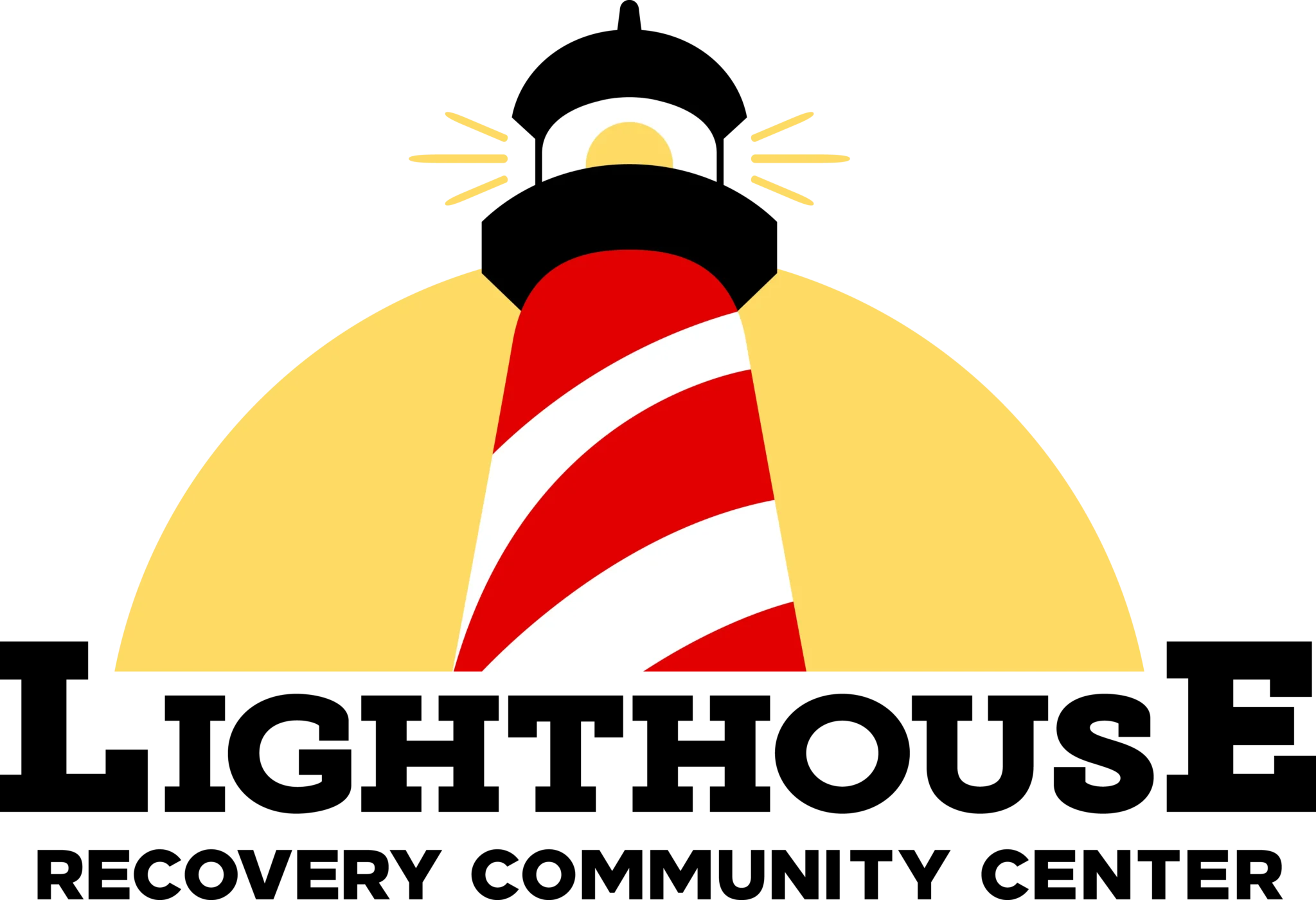
Training
The Lighthouse Recovery Community Center Inc. is proud to offer the following training to individuals and community groups. For more information or to request training, please complete the Training Request form below.
Recovery Coach Academy Training
The Lighthouse Recovery Community Center offers Recovery Coach Training by an authorized CCAR Recovery Coach Professional Facilitator (RCPF). A Recovery Coach promotes recovery and removes barriers and obstacles to recovery, serving as a personal guide and mentor for people seeking or already in recovery from an addiction to alcohol and or other drugs. Training focuses on providing individuals with the skills need to guide, mentor and support anyone who would like to enter into or sustain long-term recovery from an addiction to alcohol or other drugs. This is a 30 hour training generally held over the course of (1) weekend.
Naloxone (Narcan®) Training
The Lighthouse Recovery Community Center offers training on the administration of Narcan by trained staff using the curriculum provided by the Wisconsin NARCAN® Direct Program to train others on how to administer NARCAN®. NARCAN® is a medication that reverses an opioid overdose by restoring breathing. NARCAN® begins working in 2 -3 minutes and continues working for 30 – 90 minutes; enough time for you to call 911 and for help to arrive.
*When naloxone was first approved to reverse opioid overdoses, its brand name was “Narcan.” There are now other formulations and brand names for naloxone, but many people continue to call all of these products “Narcan.”
Adverse Childhood Experiences (ACEs) Training
The Lighthouse Recovery Community Center offers well-established training on adverse childhood experiences (ACE). Early life experiences are the foundational building blocks for development, learning, and health throughout a person’s lifetime. Experiences in childhood matter. Numerous research studies have shown how childhood stress and trauma can impact adult health. The Ace Study is the largest study investigating the health and social effects of negative childhood experiences. Trauma can have a long-term effect on well-being and functioning for children, adults, families, and our community. The purpose of training is to increase the community’s collective ability to support individuals who have experienced traumatic events.
Recovery Coaching
A Recovery Coach is “a person who helps remove personal and environmental obstacles to recovery, links the newly recovering individual (referred to as the Recoveree) to the Recovery Community and serves as a personal guide and mentor in the management of personal and family recovery.
A Recovery Coach is someone interested in promoting recovery by assisting recoverees to identify and overcome barriers, develop internal and external supports, and serve as a guide for those seeking or sustaining recovery.
A recovery coach helps an individual in navigating their own recovery, or that of a loved one, and assists in developing a plan and making positive change in their life to sustain long-term recovery.
Recovery coaching is a strengths-based, person-centered, and systems-informed service delivered in a peer-support model.
Coaches do not treat addiction, offer formal assessment or diagnosis; however, they will support, foster, and connect a recoveree’s path into treatment, should that be part of a recoveree’s goals.
A Recovery Coach IS:
- Role Model and Mentor- Offers their own personal life and their experiences as an example
- Motivator and Cheerleader- Encourages, celebrates and believes in the recoveree’s capacity for positive change
- Truth-Teller- Provides honest and helpful information, helps identify patterns of behavior and choices
- Resource Broker- Helps identify barriers to positive life change; acts as a link to needed community services, treatment, and other supports; understands how to navigate the system and acts as a guide; partners with community resources to build relationships
- Ally and Confidant – Loyal, caring, actively listens, is stable, consistent and reliable
- Problem-Solver- Identifies potential problem areas, helps the recoveree discover options, non-judgmental
- Community Organizer- Helps establish a support network for the recoveree, connects individuals to resources and services
- Companion- An equal and a peer
- Lifestyle Consultant – Offers feedback on recovery lifestyle, focuses on wellness, discusses healthy options
A Recovery Coach is NOT:
- A sponsor- a recovery coach has no affiliation with the fellowship and is not bound by fellowship traditions
- A professional counselor or therapist –a recovery coach does not provide diagnosis or clinical assessment; a coach does not focus on treating past trauma or addressing emotional disorders
- A nurse or medical professional- a coach does not offer medical advice or offer treatment services
- A Clergy person- a recovery coach is not grounded in religious or spiritual recovery principles, but supports all pathways to recovery
Locations
Manitowoc
- HOTLINE (920) 374-3989
- 721 Park Street, Manitowoc, WI 54220
Sheboygan
- HOTLINE (855) 449-4726
- 1014 N 6th St, Sheboygan, WI 53081

